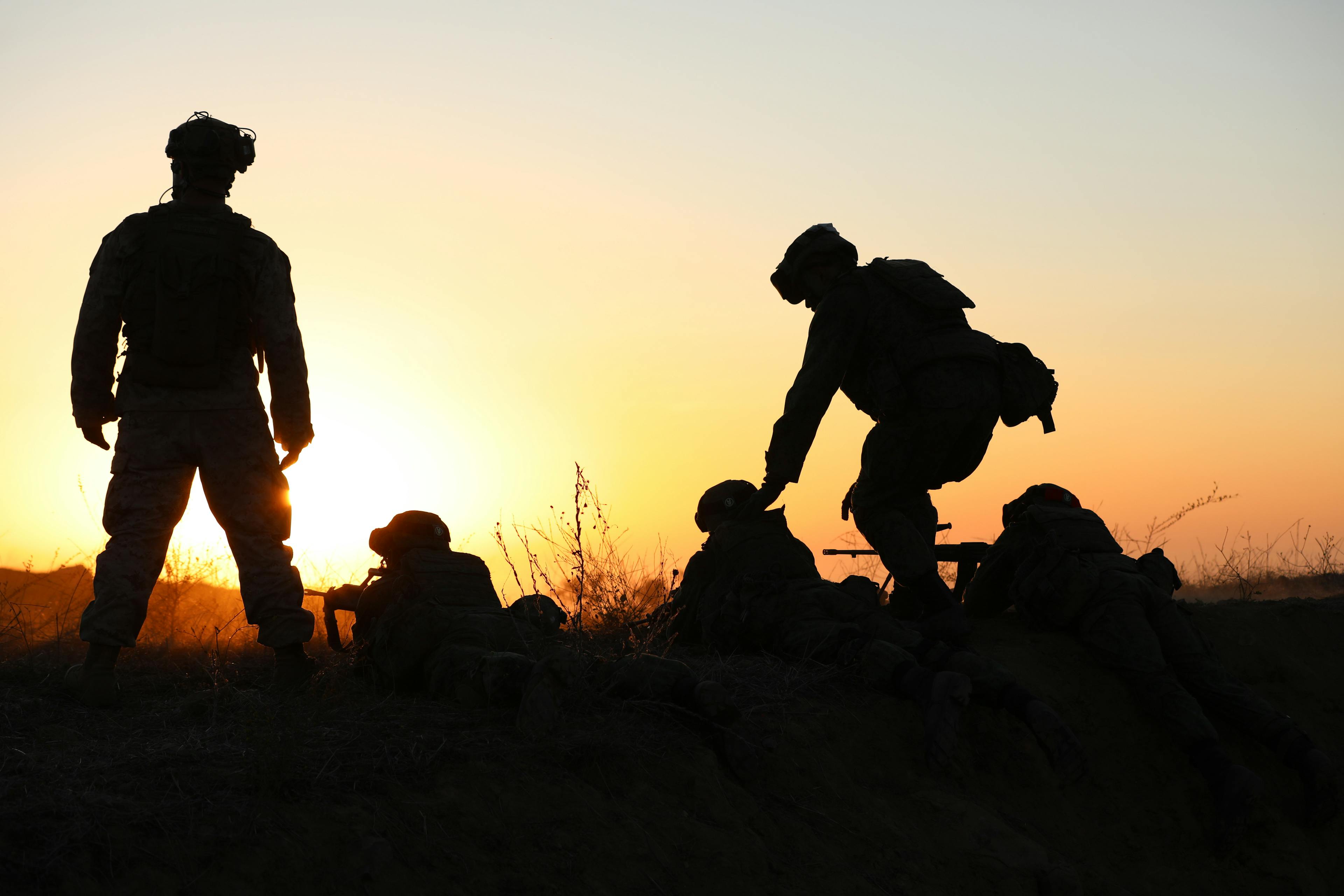Table Of Content
Officer candidates are continuously evaluated by members of the platoon and company staff. Candidates are not expected to initially possess all of the required leadership traits. By study, instruction, and practice, a reasonably intelligent person can become an effective leader, Officer candidates should be guided in their actions throughout the program by the leadership traits and principles contained in Navy and Marine Corps Directive (NAV MC DIR) 1500.58 Marine Corps Mentoring Program Guidebook and Marine Corps Warfighting Publication (MCWP) 6-11 Leading Marines.
Leadership Grade
The leadership grade is derived from the following evaluations:
Leadership Reaction Course (LRC) l/II. This is the opportunity for individual officer candidates to demonstrate leadership of a small group. A fire team of four to five officer candidates is given problem- solving scenarios, and the way that the leader reacts to accomplish the tasks in a demanding time constrained environment is observed and evaluated.
Leadership Exams. Depending on the officer program, officer candidates will take one or both exams. Leadership 1 and Leadership II. These exams are multiple-choice and consist of questions based upon subjects covered (terminal and enabling learning objectives) during leadership classroom instruction periods.
Small Unit Leadership Evaluation (SULE) I/ll. These are tactical problems that require officer candidates to apply knowledge attained from a map, compass, and tactics instruction to practical problems. In SULE I, the officer candidates will be evaluated on their ability to direct and control a fire team in t accomplishment of a mission. In SULE II, the officer candidates will be evaluated based on their ability to direct and control a squad (11-13 officer candidates) in the accomplishment of a mission. SULE II is considered the culminating leadership exercise for all programs except the PLC Juniors program.
Command Evaluation. Based upon the recommendations of the platoon staff and the Platoon Commander's observations, each Platoon Commander prepares a command evaluation on each officer candidates in his or her platoon.
In the case of disenrolled or marginal officer candidates, a written summary of the officer candidate's performance is included in the command evaluation. The percentile grade is derived from evaluating the officer candidate's leadership performance and potential in the following areas.
(1) Daily conduct and application of the 14 leadership traits
(2) Billet assignments (evaluated per paragraph 8005)
(3) Inspection results, including the CO, OCS uniform inspection
(4) Written assignments and impromptu speech
(5) Daily personal appearance
(6) Daily performance at physical training including close combat (e.g., basic
MCMAP, pugil sticks)
(7) Conditioning hikes
(8) Day Individual Movement Course / Squad Night Appreciation Course
(9) Tarzan/Confidence Course
(10) Combat Course
(11) Peer evaluations
(12) Motivation and attitude
(13) Performance improvement
(14) Growth potential
